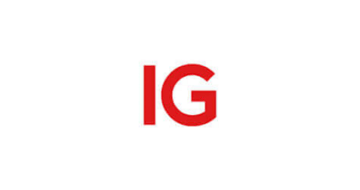
1. IG US
| Minimum Deposit | $50 |
|---|---|
| Demo Account | Yes |
| Currency Pairs | 80+ |
FxForex.com will introduce you to the myriad of opportunities in forex trading and help you find the best forex brokers and trading tools which will help you profit from your investments.

| Minimum Deposit | $50 |
|---|---|
| Demo Account | Yes |
| Currency Pairs | 80+ |
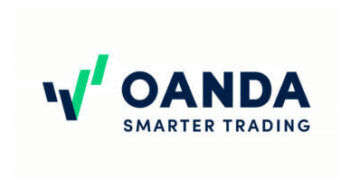
| Minimum Deposit | $0 |
|---|---|
| Demo Account | Yes |
| Currency Pairs | 68 |
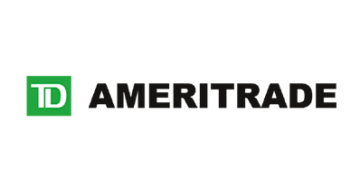
| Minimum Deposit | $0 |
|---|---|
| Demo Account | Yes |
| Currency Pairs | 70+ |
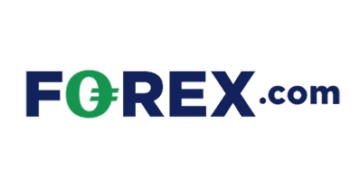
| Minimum Deposit | $250 |
|---|---|
| Demo Account | Yes |
| Currency Pairs | 80+ |
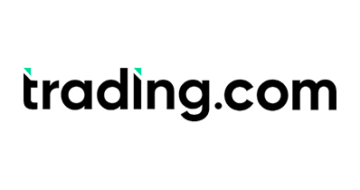
| Minimum Deposit | $5 |
|---|---|
| Demo Account | Yes |
| Currency Pairs | 70+ |
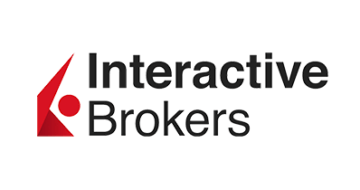
| Minimum Deposit | $100 |
|---|---|
| Demo Account | Yes |
| Currency | 100+ |
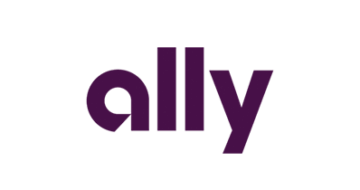
| Minimum Deposit | $250 |
|---|---|
| Demo Account | Yes |
| Currency Pairs | 80+ |
Forex trading, otherwise known as foreign exchange trading, is the process of buying or selling one currency for another.
In some ways, forex is similar to buying and selling foreign currency when you go on holiday.
You start with a base currency, i.e. your own, and you trade it for one used in the country you’re visiting. The amount of new currency you receive will depend on the exchange rate and the broker’s fees.
When you return from your holiday, you sell the currency back to the broker in exchange for your native currency. Again, the amount you receive will depend on the exchange rate at the time and any fees.
If you’ve gone through this process, you’ll know that the rate is always changing.
For example, you could exchange money at a certain rate one day and find a better rate the next. This is because the value of currencies is constantly changing. Forex trading operates on a similar basis.
Online trading accounts connect you to brokers that allow you to play two currencies off against each other.
In other words, you’ll buy a base currency and watch its value change against the value of another.
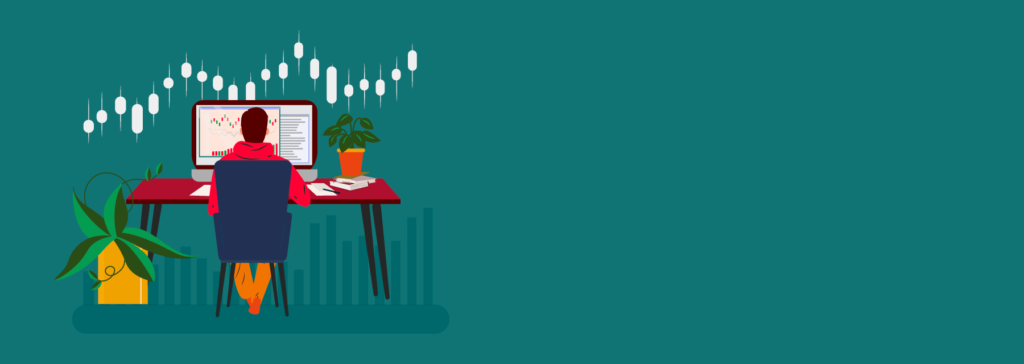
The basic premise of forex trading is fairly simple: you’re buying and selling currencies.
However, to make this possible, there have to be a few things in place.
Because this is an official, regulated type of trading, you can’t have two parties offering to exchange currencies as you would at a bureau de change.
All forex trades start with a currency pair.
If you think back to our bureau de change analogy, you start with a pair of currencies: your native currency and the one you want to buy. In forex trading, currency pairs operate in a similar way.
All trades involve two currencies: the base currency and quote currency. This dynamic allows you to quote the value of one currency against another.
The base currency is always listed on the left and it sets up the question: how many XX does it take to buy YY?
For example, the currency pair GBP/USD has GBP as the base currency. With this pair, you’re looking at the relative value of GBP compared to USD or, in simple terms, how many USD it takes to buy GBP.
Why do we need currency pairs? If we go back to the basics of what forex trading is, the value of what you’re buying or selling is always in relation to another currency.
Currency pairs allow for a point of comparison. The change in value between the two currencies is where you’ll make a profit or a loss.
Therefore, without currency pairs, forex trading wouldn’t be possible.
*Note: Currencies are quoted using three-letter codes instead of their full title. For example, GBP = Great British Pound.
Majors are pairs that contain currencies from the g10 group. Moreover, they are the most heavily traded currency pairs. The four majors are:
Minor currency pairs have a lower trading volume than majors. This means the markets don’t offer as much liquidity.In other words, it’s not as easy to buy and sell these currency pairs quickly.
That doesn’t mean it’s hard; it simply means that the liquidity (availability) is lower than it is for majors.
Brokers will typically compensate for the lower liquidity by offering wider spreads.
The 14 minor currency pairs are:
The US Dollar (USD) is the most powerful currency in the world.
As such, almost all major forex trades include USD in some form or another. If USD isn’t part of the currency pair, it can act as the settlement currency for a contract.
Any currency pair that doesn’t involve USD is known as a cross.
The benefit of crosses in forex is that they could open up new opportunities. Because there is a lot of focus on USD, pairs that don’t rely on this currency may have untapped value.
What’s more, when the USD is going through a rough patch, crosses can offer a more stable market.
You don’t always have to trade currencies from established countries.
Exotic pairs are made up of currencies from emerging or small (but strong) economies. These countries can be based anywhere in the world, but they tend to be in Africa, Asia, the Middle East and Pacific regions.
Because exotics focus on less popular currencies, market liquidity is low. This, in turn, means executing trades can be tougher because there isn’t as much activity to facilitate buy/sell orders.
However, if you can become an expert on emerging markets, exotics can be profitable.
A great analogy here is sports betting. Football is the biggest sport in the world and, as such, there are thousands of bets available (high liquidity).
However, because it’s so popular, bookmakers are better at setting odds because they have more information at their disposal. In contrast, netball betting markets have low liquidity and the odds aren’t always as sharp because there’s less information.
If you can become an expert at netball betting, you may stand a better chance of finding the better odds. The same is true when you compare major currency pairs and exotics.
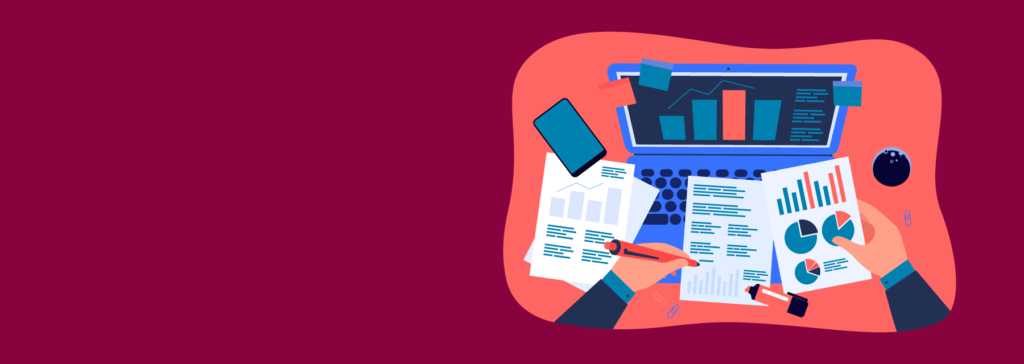
To help you choose the right currency pair to trade and, importantly, when to execute a trade, you need to consider these variables:
Forex brokers will quote two prices for each currency pair: the bid and the ask. The bid price refers to the amount you’ll sell a currency pair for. The ask price refers to the amount you’ll buy the currency for.
For example, the bid price of GBP/USD might be 1.20402. This is the price the person you’re trading with wants to sell that currency pair for. The ask price for GBP/USD might be 1.20410, which means the person you’re trading with will buy the currency pair for that price. The difference between these two figures is known as the spread.
No commission online forex brokers will make their money through spreads. Instead of charging a fee on each trade, they build their costs into the spread. Again, this is like a bureau de change. Instead of buying/selling currency at the daily market rate, they adjust their exchange rates in order to make a profit.
In Forex trading, a margin is an amount of money that a trader has to put upfront in order to be able to take a certain position. This is generally expressed as a percentage of a total position. For example, if you were to take a $5000 position and had a 50% margin, you would need $2500 in cash.
Traders with better credit and a better relationship with their brokers can get lower margins. It’s very common for different types of transactions to have different margins available; this can actually vary quite widely. Additionally, margins can move up and down with any given broker for a large variety of legitimate reasons.
A lot is a unit used to measure a specific amount of currency. Currencies around the world are traded in lots for simplicity’s sake. So, you could buy JPY (Japanese Yen), and notice offers of yen expressed in lots of xxx amount each.
Lots are a simple way of bundling something of value, like Forex. An analogy of this would be a trip to a supermarket to buy food. You buy stuff in pre-measured packages; such as products in cans, bottles, bags, or packets. These containers have a pre-arranged amount of product in them.
Leverage acts in tandem with the margin as it’s the amount of money you’re “borrowing” in order to facilitate a trade. You can calculate the leverage of a trade using the following equation:
Total value of the transaction / margin = margin-based leverage
So, in the above example, the value of the transaction is 100,000 and the margin is 3,000. This gives you a leverage of 1:33. In non-technical terms, you’re putting in one unit for every 33 the broker puts in.
To truly understand the concepts we’ve outlined so far, you need to dive into the markets and start trading. What’s great about online forex brokers is that they offer demo accounts.
These accounts allow you to trade for free using virtual credits. Everything is the same as the real thing apart from the fact you’re not able to make real money.
However, as a learning tool, demo accounts are fantastic.
Yes, forex trading is legal. The brokers we work with are regulated by various governing bodies such as the Financial Conduct Authority. Therefore, everything they offer is not only legal but tightly controlled.
Yes. Every forex broker we recommend uses the latest security software and will handle your funds in accordance with strict financial laws.

Now that you have a better understanding of what forex is, it’s worth asking the question: why should you trade forex online?
The forex market is the largest in the world. More than $5 trillion worth of currencies are traded on a daily basis. Therefore, you’re never going to be short of a trading option. In comparison, trading stocks and shares on the New York Stock exchange provides comparatively fewer opportunities, particularly for novices, as the average trading volume is around $40 billion per day.
Forex trading is available 24/7. Trade any other type of asset and there will be market trading times you have to follow. Additionally, forex offers greater leverage than other types of trading. This means those with smaller bankrolls have a better chance of entering the market.
Below, we’ve listed what we think are the best forex brokers online, based on various criteria.
Every one of these brokers offers demo accounts and a low minimum trade value, and each one comes with its own unique selling points that help it stand out from the dozens of other online brokers out there.

For more information about this online broker, view our Markets.com Review.


To become a successful trader, you have to do some research. Learn the basics and use demo accounts to master the art of executing traders.
Bankroll management is also important. Never spend more than you can afford.Moreover, don’t get seduced by leverage. Although leverage can be useful for opening larger market positions, it’s a double-edge sword.
Higher leverage can mean bigger losses when things go wrong.
So, make sure you factor leverage and margin into your costs when you’re setting a budget and choosing a forex broker.
Most trading platforms come with their own dedicated apps to help you trade on the go. Below, we’ve listed the best Forex Trading apps based on their features, speed, compatibility and currencies available:



Forex trading, like all forms of trading, has risks. Leverage is great because it allows you to enter a position with a small amount of money. However, it can also magnify your losses when things go wrong.
When you trade shares or commodities, the leverage is lower. This doesn’t mean your losses will be lower. However, the way in which any downswings are magnified will be less if the leverage is lower.
Forex trading is always a high-speed form of investing. You need to choose a broker that has sufficient software to execute trades in the quickest time possible.
If there’s even a small delay between you initiating a trade and it being completed, the prices could change and that can affect your potential profit.
We’re experts in forex trading and only work with established, reputable and regulated brokers. Our trading guides are designed to give you the basics before you go off and try things for yourself.
Then, by reading through our forex broker reviews, you’ll get an idea of how each platform works and which one best suits your needs.